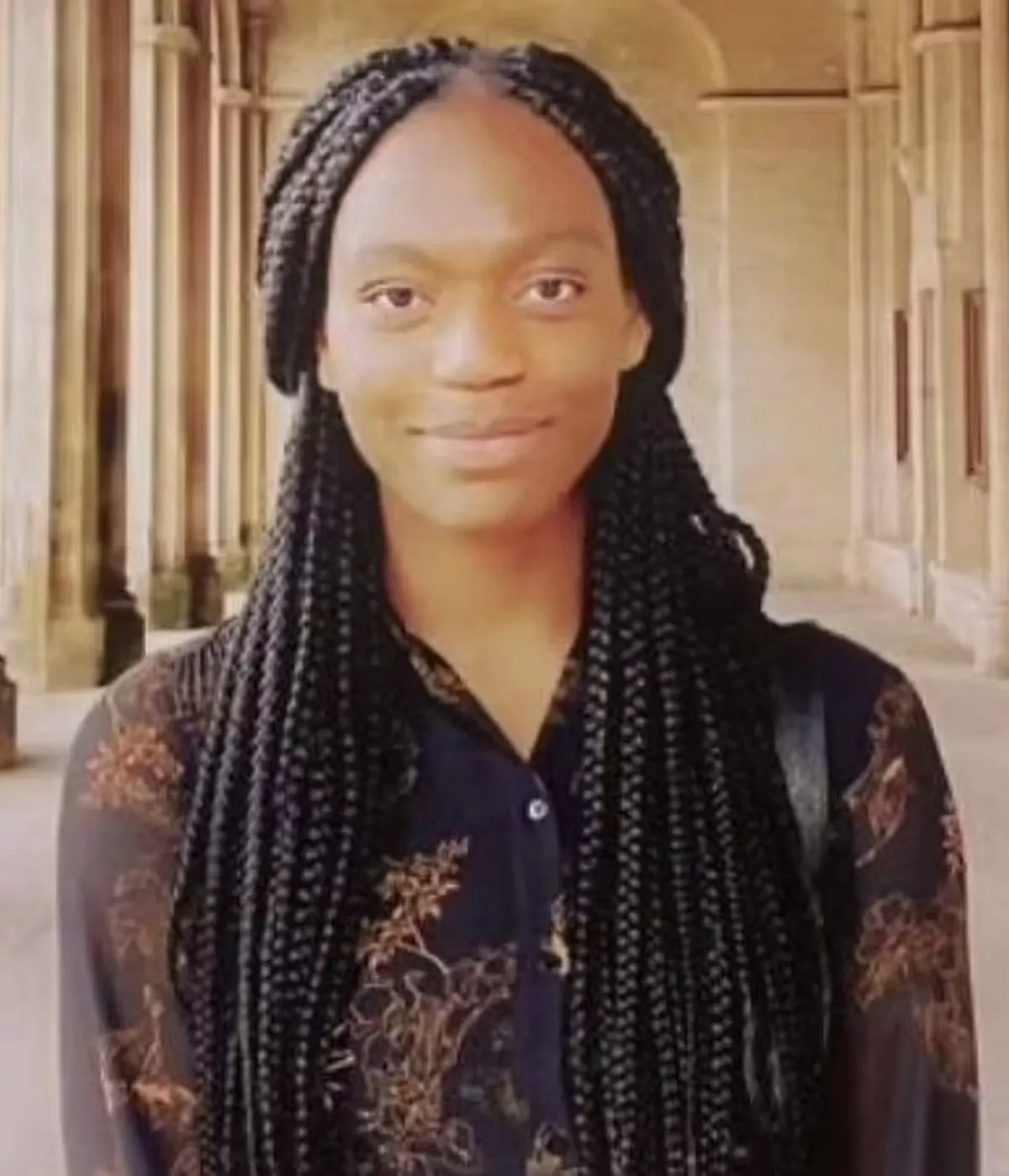Her name must be somewhere at the top on the list of such people in Nigeria’s agentian geopolitics if such is a functional component of Nigeria’s diplomacy. She would be so considered not because she was, until July 29th, 2024, the Rector of the University of St Andrews in Scotland but for unique embodiment and performance of brilliant stubbornness. Not minding temporary national gloom in Nigeria, that is what is definitive of Nigeria.

Prof Sally Mapstone, Principal and Vice-Chancellor of the University of St Andrews, Scotland
The Rector of the University of St Andrews is not in the same position as the Vice-Chancellor who is the head of the university but when that position is occupied by a Nigeria who won on popular votes, then there is a strategic symbolism there. The Rector sits atop meetings of the University Court which has no equivalent in the Nigerian university system. It is a compromise between the students and the university administration which mediates university governance on crucial issues, from management of capital projects, academia, budgeting, estate and property, staff and so on. With the Vice-Chancellor and senior staff as well as independents serving as members, it is a big deal for a young Nigerian female to be the Rector, a position which came into being in 1858, barely 14 years to be two centuries old.
Stella Maris is that Nigerian. Armed with a degree in English and Philosophy from St Andrews a few years back, she bounced back through a comfortable majority of votes in the contest in late 2023. It is not clear if her fellow citizens back home took note of that victory. Having studied outside without the benefit of class/school mates back in Nigeria, it might not be surprising if they didn’t. In that case, she is a possible contrast of 21 year old Theodora Udounwa whose own spectacularity at the University of Toronto recently clocked over 20, 000 in readership within a week or so in an Intervention story on her last June.
But whether noted in Nigeria or not, Stella Maris is something else. First of all, it is surprising she survived till last week. She assumed office in November 2023 in a hail of controversy. She had made a statement which drew the ire of some members of the academic community. Her critics charged her with anti-Semitism, a charge she denied. She was asked to apologise. She acknowledged a defect in her statement by omitting to mention an attack on Jewish students on the campus previously but asserted, “I maintain my stance and will not apologise for speaking up about these issues”. And she was not resigning either.
The BBC got a response from her: “I don’t intend on retracting my statement or resigning”, she told the global broadcaster, adding “I denounce antisemitism in the strongest form. Reject the weaponising of antisemitism.”
Hers is not just a clueless stubbornness. She had an argument, challenging her critics in a similar response to the UK’s The Telegraph’s question to base their disagreement on contradictory evidence rather than a notion they found unpleasant. Then she fell back on a vigil that had already been held on the campus against Israeli actions in Gaza to say that the issues she referred to in her statement – “practices such as apartheid, siege, illegal occupation and collective punishment, which have been observed in the treatment of Palestinians.” – were contextually and contingently supported.

Over 20, 000 of Intervention readership of Theodora Udounwa’s excellence at the University of Toronto shows that Intervention readers take what Nigerians outside are doing well seriously
She bluntly told the paper in the reply she was not resigning even as her critics were pushing the notion that she was using the international reputation of the university as well as the town to spread “a certain narrative that drives anti-Semitism around the world”, as captured in The Telegraph.
Her critics expanded to the university administration – Vice-Chancellor and principal officers – but she stuck to her guns. She too had her supporters on the issue. She survived that storm but an investigation was initiated. The report of the investigation is the verdict ousting her for the charge of spreading anxiety and fear among Jewish students in the November 2023 statement asking Israel to halt genocide in Gaza.
Stella Maris is still fighting. She is set to appeal the decision. The Scottish Daily Express quotes her at length saying that her sack “shows a lack of respect for the role of the rector in speaking independently for students”. She believes her removal is a biased move underpinned by her call for an end to what she dubs as Israel’s war crimes against Palestinians and for which she is not in the mood apologise to anybody. The paper further quotes her as saying that “As a young, neurodiverse black woman with limited financial resources, I have faced the full force of the university, including a KC (King’s Counsel) investigation, all because I made a statement supported by the overwhelming majority of students, calling for an end to a genocide.”. she maintains her stand: “I do not accept that these allow the university to interfere unilaterally and unduly in my right to express my views or manifest my protected beliefs, and I fully intended to appeal the decision”, hoping to reverse a decision she is convinced “sets a dangerous precedent for freedom of speech in higher education”.
Whatever the outcome of her defiance, she’s got a lot of informed stubbornness, ability to sell herself to such a small, ancient but diverse and sophisticated community as the University of St Andrews. In the heat of the November 2023 controversy, this was one of the points thrown at her by critics who mention the university as where Prince Williams met Princess Catherine, courted and married subsequently.
Stormy Stella, a label she would reject, is not ignorant of all of that. Just that she has her own codes. That Western campuses, particularly the US, exploded into battle grounds over Israel actions in Gaza subsequently suggests that her controversy in November 2023 spoke to the appropriateness of her own codes ahead of the world.




























